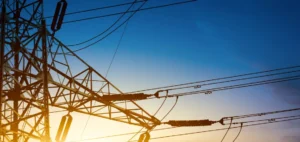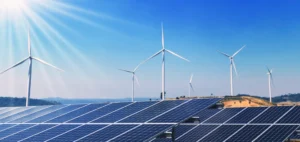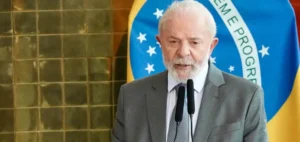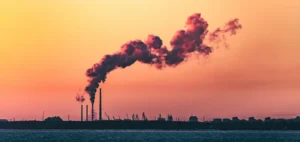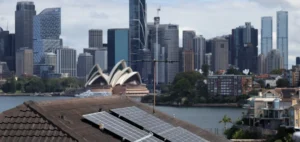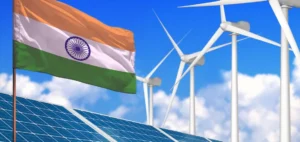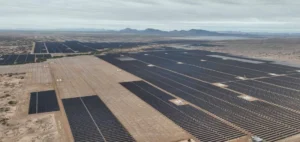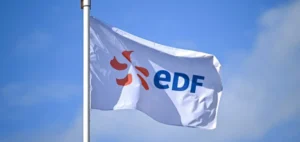Germany achieves a remarkable feat in 2023, with renewable energies covering more than half of its electricity consumption. This breakthrough, a first in the country’s history, underlines the German government’s firm commitment to a sustainable energy transition. According to BDEW, the organization representing manufacturers in the sector, this performance is the result of a significant increase in renewable energy production, up 6% on the previous year.
The Challenges of Transition
Despite this success, Germany faces major challenges. The November court ruling cancelling a €60 billion fund earmarked for energy transition could put the brakes on this development. The government, led by Social Democrat Olaf Scholz, has had to readjust its spending, affecting photovoltaic development in particular. This situation highlights the complexities and obstacles inherent in the transition to a greener economy.
Germany’s remarkable progress in the use of renewable energies marks a significant milestone in its journey towards sustainability. This breakthrough, while a model for other nations, raises questions about future challenges, particularly in terms of financing and energy policy. It also reflects the growing importance of the energy transition in the global context of the fight against climate change, underlining the crucial role played by national policies in achieving global climate objectives.










